
The First Cybernetic Life Forms Emerged from the Human Species
Nowadays computers and robots have developed so much, that we can no longer imagine life without them, and the dependence of humans on cybernetic life will increase in the future. Why? It’s very simple. The cybernetic regnum has emerged as a symbiotic regnum of the animal regnum. It sounds strange, right? Not if we analyze the evolution of cybernetic life.
The first robots were created in antiquity. Let’s just see a few examples of such devices, from a very long list, that we either can read about (because they no longer exist), or see in museums (if parts of them have been preserved). The automatic servant of Philon was created more than 2,200 years ago by the ancient Greeks. It was one of the first robots the animal regnum ever created and it used air pressure, springs, and weights and its purpose was to dilute the alcohol with water. The Antikythera mechanism could forecast astronomical and calendar events and it was also built in antiquity. The automatic doors of Heron of Alexandria were installed in a temple and they opened when a fire started burning on its altar. As I already mentioned, the list of such devices is long.
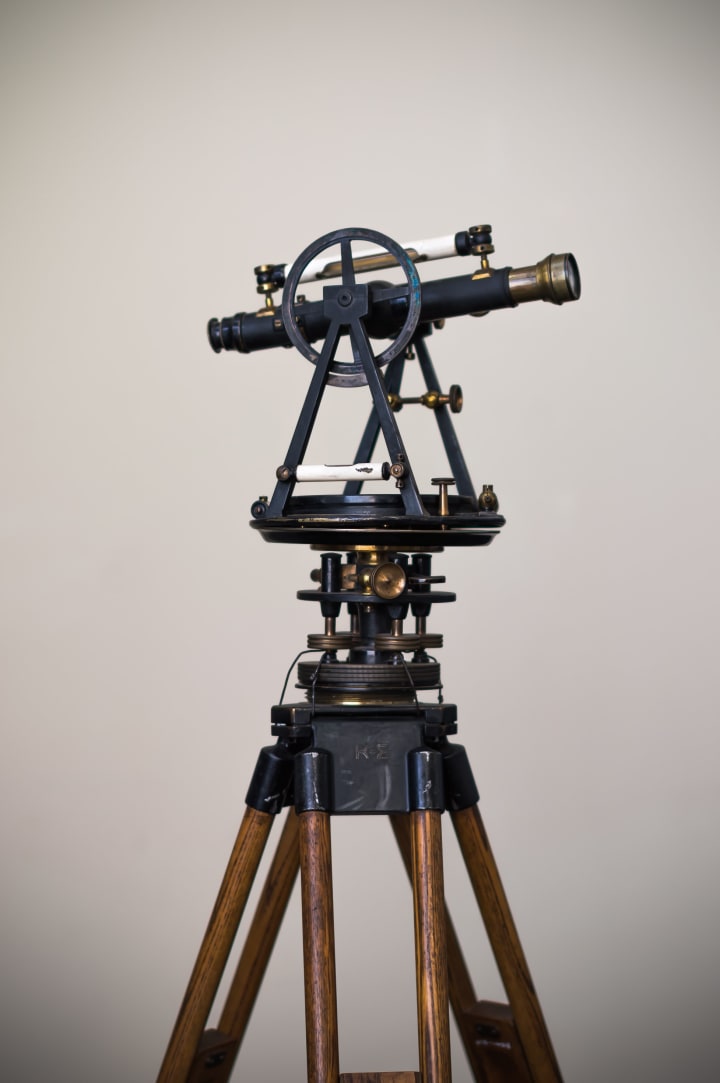
The mathematician Blaise Pascal built a mechanical adding machine in 1641. Joseph-Marie Jacquard (1752–1834) built a loom that could weave complicated patterns using holes in punched cards. To help tabulate the 1890 census, Herman Hollerith created a machine using punched cards. In the 18th century, with the start of industrialization, the first industrial machines appeared. They were initially used in manufactories, and later in factories.
Why did I mention that the cybernetic regnum has emerged as a symbiotic regnum of the animal regnum? Not only that, but the cybernetic regnum will finally engulf the human species, from which it emerged. Sounds scary? Not necessarily. To get a realistic image of the future, we should use logic, and weigh up the pros and the cons that cybernetic life offers to the human species. People have been working hard to build machines, to use and develop them (the working conditions in factories were often harsh in the 19th century, and people were working ten to twelve hours a day, seven days a week). Therefore creating and developing the cybernetic regnum wasn’t an easy task for humans. Yet, on the other hand, machines have made our lives easier and more comfortable.
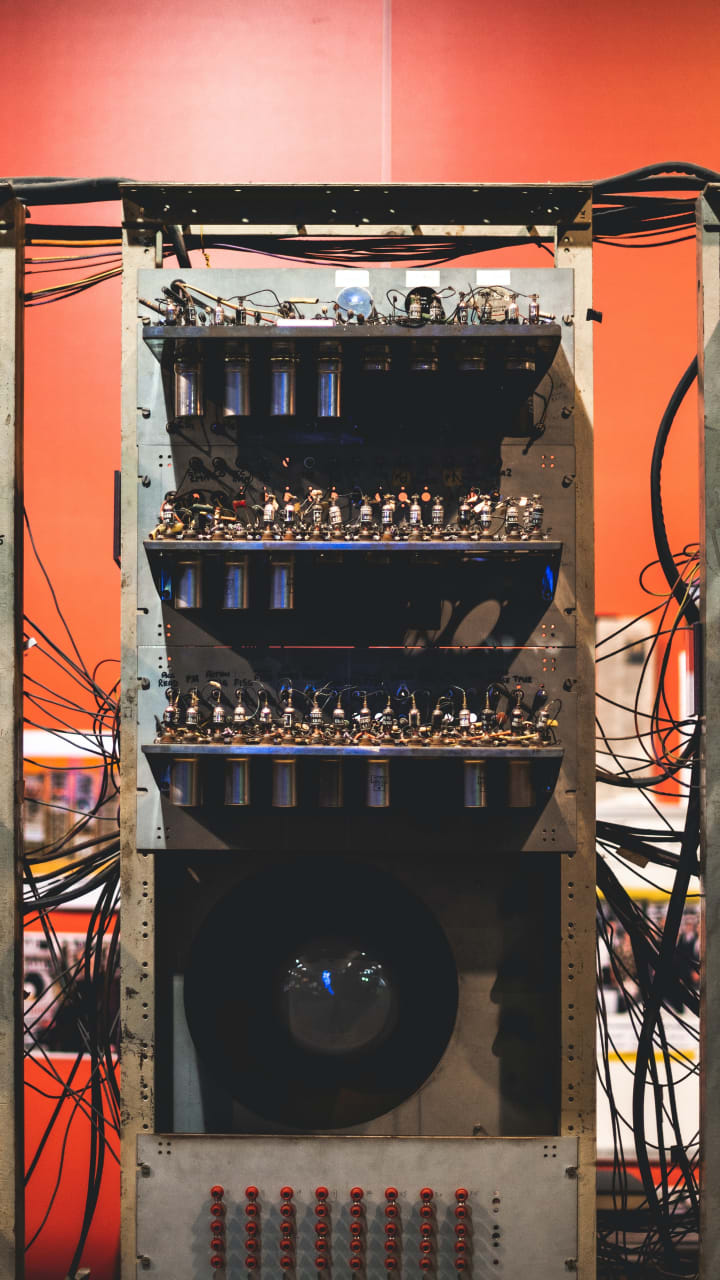
First, we must be aware of the fact that soon the intellectual level of the cybernetic regnum will surpass that of humans. Cybernetic life is built by using logical thinking, therefore it develops extremely fast as compared to the slow genetic development of humans. Natural genetic mutations need tens of thousands of years to lead to visible changes. Genetic engineering might partially help, by artificially accelerating the evolution of the DNA. Nevertheless, at the moment, humans are still primitive and know very little about things like genetics, the brain, or the endocrine system.
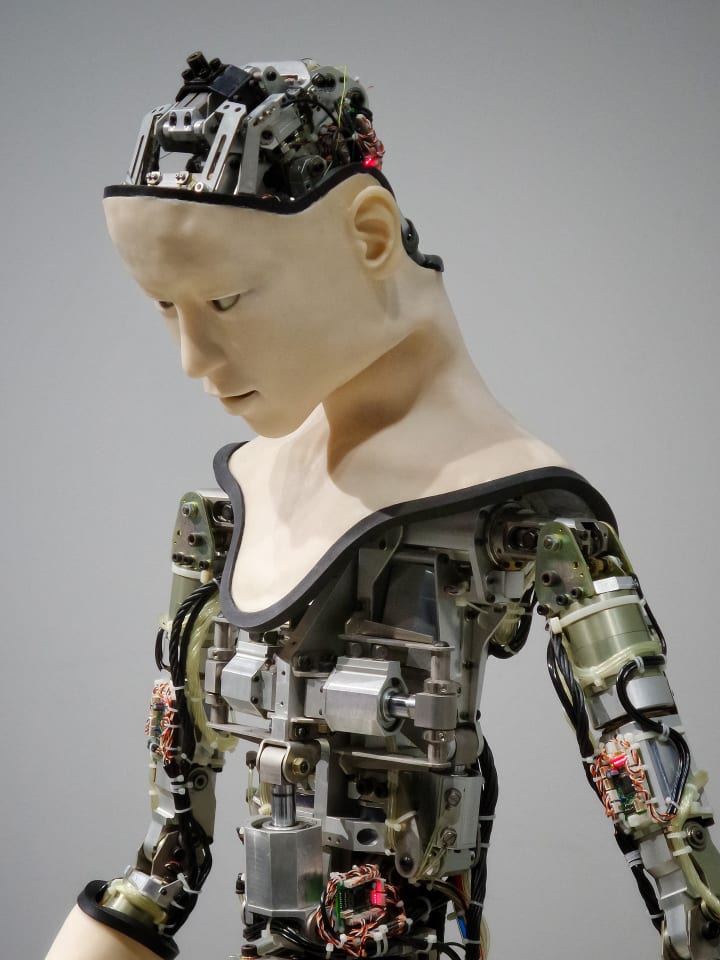
The Symbiosis between the Human Species and the Cyber-Regnum
Chips have been used so far to help blind, deaf people, people who suffered accidents and lost limbs or were paralyzed. And nowadays all humans are very close to getting a brain implant, which is said to enhance intelligence. At the same time, those implants will enable scientists to understand more easily the way the brain functions.
The study of any organ is done by experimentation, yet due to ethical reasons, we cannot experiment on living human brains. We cannot cut out parts of a human brain to see what functions are lost by doing that. The only way scientists have understood a little bit about how the brain functions, is by studying patients, who lost parts of their brains due to accidents. But accidents affect the brain at random points and therefore no systematic brain study can be done at the moment.
Once the brain chip is implanted, it will represent a direct link to the brain. This will allow scientists to experiment on the brain, because those studies will no longer be harmful, and will not imply injuring the brain physically, which is irreversible.
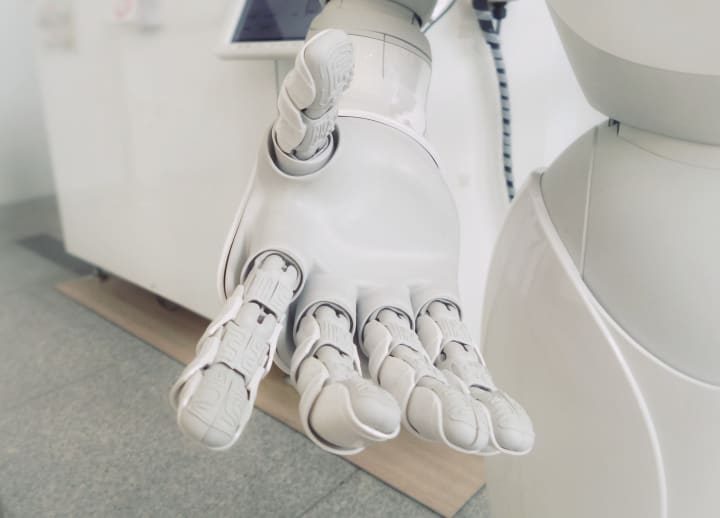
The Fully Cybernetic Man
But is a biological body with a brain chip enough? A biological body has a lifespan that rarely surpasses 100 years. Degenerative diseases, such as different forms of dementia can affect the brain much earlier, and that leads to loss of memories and personality alterations. Our brain contains the memory of our lives, our self-awareness, and our personality. If the brain degenerates, we lose that information.
If neurons are compatible with the cybernetic life as proven by the implanted chips, the only logical evolutionary step would be to use this advantage and find a way of transferring the entire content of our brain to some type of cybernetic support (hardware). It should maintain the information as similar as possible to the original so that we do not feel something like depersonalization or change of personality the moment we transfer ourselves to the cybernetic interface.
Once our brain is fully cybernetic, brain degeneration will not be possible anymore and we could theoretically live forever (practically we will probably be alive for as long as the material support -the hardware- of our brain will be functional). We shall be able to use a robot as a body, which we could manufacture to make it look very human. We could even use human cell tissue on the body of this robot (by using for example stem cell cultivation). We could have different bodies to choose from. For example, we could fly in the shape of drones or dive underwater using robots in the shape of fish. We could control those robots remotely, while our personality is on hardware in a safe environment, protected from damage. This way damages to the robot we control while traveling, would not lead to our own destruction and death. Of course, the robots would have sensors that would give us all the sensations a human is getting from the environment and even more (we could sense infrared or ultraviolet light, electromagnetic waves and we could perceive sounds and smells a human body can’t perceive).
We could periodically (every couple of months) make a backup of the information in our brain, so that in case our real cyber-brain would get damaged, by some extreme situation, like a natural disaster, we would only lose a few months of our lives and not all the information and thus our entire lives.
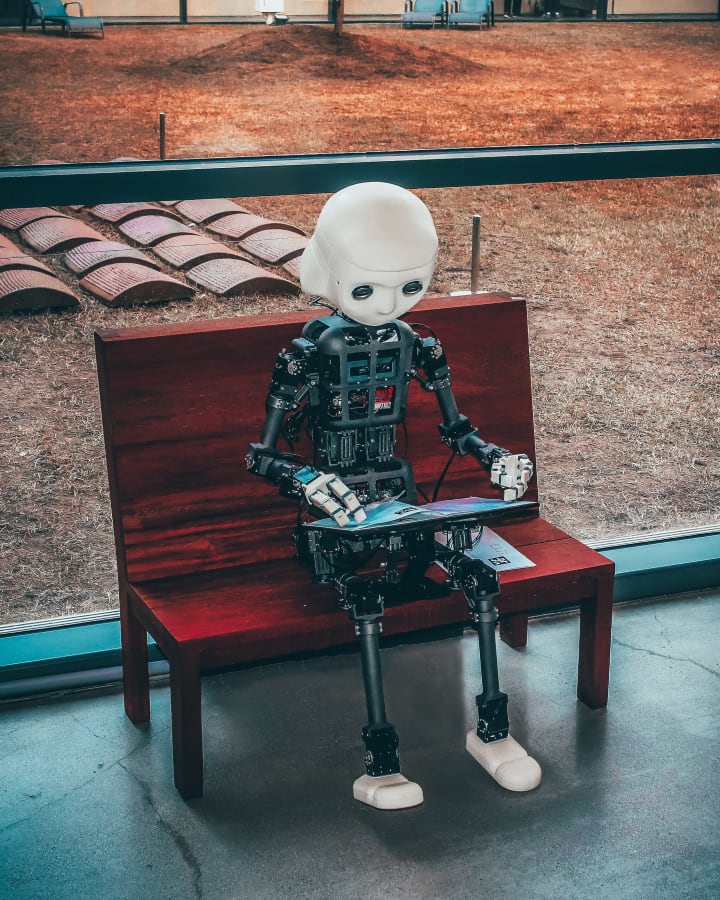
A great advantage of being cybernetic and not biologic, besides a very long life, is the fact that it enables us to travel through interstellar space. (Perhaps alien civilizations have already attained this developmental phase and therefore they can easily travel through the universe, as cybernetic beings.)
Even if our civilization nowadays could (theoretically!) reach lightspeed with the starships they create, the nearest star system is 4.35 light-years away from Earth. We should need almost 9 years to travel to that star system and back, being stuck on a crowded starship with small rooms, huge engines, with a limited supply of air, water, and food. If we add to that the lack of gravity, it depicts the image of a trip through hell. In a biological body, such a trip would be literal torture.

But a cybernetic being needs no air, food, or water. Pressure, gravity, and temperature would affect it little, and so would the passage of time. A biological being with a lifespan of a maximum of 100 years will regard a 9 year long trip in a different way than a cybernetic life form with a potentially everlasting life ahead of it. Sacrificing a tenth or more of your life for a trip to a probably uninhabited star system is not the most attractive prospect for most humans, especially considering the effects such a trip would have on the health of a human (since we are not genetically adapted to life in space).
But there are other advantages, too. Cybernetic life will be far more intelligent than biological life will ever be, due to its different structure. Therefore becoming fully cybernetic will enable us to significantly increase our intellectual capacities as well.
You may argue that it will be no longer yourself if you are living on cybernetic hardware and no longer in a biological brain. But is it really so?

Are you exactly the same person you were when you were newly born, or when you were a teenager, as an adult, or when you will be 90 years old and perhaps suffer from dementia? Are you the same person while you are awake as you are while in deep sleep, or while in REM sleep (when you practically have no physical body, but just the imaginary construct of a body)? If you had a car accident and your brain was damaged, would you be the same person or somebody else?
We constantly change with the passage of time. A newborn cannot interpret the images and sounds around him and merely sees spots of colors and light with no meaning. It takes time to learn how to focus his eye lens to identify clear pictures and even a longer time to logically understand what those pictures mean. Understanding language takes months to years. Is such a baby identical physically and informationally (as the amount of acquired knowledge) with an adult or a senior who suffers from dementia and does no longer remember his own name or biography? They differ in certain areas, while they maintain certain common characteristics as well. Still, there is continuity in this development. Would then the transfer to a cybernetic interface not naturally be a further evolutionary step? Transferring our brain content onto a cybernetic interface would simply mean another change in our evolution towards something more complex, more intelligent, and with a longer lifespan.

To conclude, the evolution of humans in the future will probably look as follows: they will change from fully biological structures (as we are now) to biological-cybernetic hybrids (humans+ brain chip or chips located somewhere else on our bodies) and finally to fully cybernetic entities.
And probably, this is how evolution generally works, moving from simpler life forms, towards more complex ones. And it probably happened on other planets as well, if not identically, then in a similar way.
Of course, we should keep in mind that cybernetic life keeps developing as a separate regnum and we shall probably soon live among intelligent cybernetic life forms that were never humans in their past. Sophia, the social robot is such an example. We shall have to adapt to their presence and learn to coexist and cooperate with them.






Comments
There are no comments for this story
Be the first to respond and start the conversation.